But we have to watch the late Fall/early Winter too, usually the month of November.
The best source to get severe weather alerts is a NOAA Weather Radio. A phone service like Weathercall is also good.
At minimum, everyone needs to have Wireless Emergency Alerts enabled on a cell phone.
And no one should rely on an outdoor siren as their primary source. Many people have lost their lives because they expected a siren to wake them up, which is a purpose outdoor sirens are not meant to serve.
A severe thunderstorm is a thunderstorm that produces winds of at least 50 knots (58 miles per hour) or hail at least one inch in diameter (the size of a quarter).
A Severe Thunderstorm Watch means that conditions are becoming favorable for the development of severe thunderstorms over the next several hours, in and close to the watch area.
A Severe Thunderstorm Warning means that a severe thunderstorm is believed to be developing or already occurring within the warned area. This can be based on radar, a reliable report, or both.
A Tornado Watch means that conditions are favorable for tornadoes (and severe thunderstorms) over the next few hours, in and close to the watch area.
A Tornado Warning means that a tornado is believed to be developing or already occurring in the warned area. People within the warning polygon need to take immediate action to protect themselves.
A Particularly Dangerous Situation is exactly what it sounds like, and can be used for a watch or a warning. It's up to the judgement of the forecaster issuing that watch or warning.
I guess in a utopia, everyone would have an actual storm shelter in their basement or in their back yard somewhere. In reality, most people don't even have a basement.
And a lot of the battle is getting people out of a mobile home and into a sturdy house or other strong building before a tornado hits. Staying in trailers is how most people around here die in tornadoes.
In a site-built house, the safety rules are:
* Stay away from windows.
* Get to the lowest floor.
* Try to be in a smaller room like a bathroom, closet, or hallway.
* Make that room near the center of the building, put some walls between you and the outside.
It can also help to cover your body, especially your head, with blankets or something like a pillow, in case of flying debris. Or if you really want to go the extra mile, wear a safety helmet. (Most people have an old football or bike helmet around somewhere.) Theodore Fujita even recommended those after seeing how some people's lives were saved in some of the extra-damaging tornadoes by having that protection against head/neck injuries.
In a basement, it makes sense to still stay away from any windows and to get up under something sturdy like a table, desk, set of stairs, or even a workbench in case of falling debris.
And if you have time to think about it, it's good to wear your strongest pair of shoes or boots to your shelter, in case you have to walk across debris after a storm. If you can carry a noisemaker like an air horn, sometimes that can help you alert rescue workers to your location if you were to be trapped by debris. We all hope these worst-case scenarios don't happen, but on the chance they were to, an ounce of prevention . . . can help a whole lot.
If you will be driving while severe weather is a threat, plan at least three or four places you could pull over and get inside. Vehicles are generally not much safer than mobile homes in a tornado. And that old idea of getting up under a bridge is a myth.
If you're more unnerved by severe weather than the average person, the National Weather Service in Kansas City has put together an excellent page for you. And a lot of people have good reasons to feel that way. Anybody who lived through the 2011 outbreak knows what I'm talking about. Or if anybody was around for the one in 1974, you know that if you or somebody you know went through a really bad storm, or even had a close call, that stuff stays with you. These simple things can protect you and the people you love. So please keep them in mind in case we do have problems over the next month or so, before Winter gets here.
7:14 PM - Afterthought - If you have no sturdy building to get into, like not even a gas station, as a last resort, you should leave a mobile home and get into an unflooded culvert, ditch, or even lie flat on the ground, covering the back of your head and neck as best you can. While this is a last resort, the two tornadoes I'm thinking about people surviving by leaving a mobile home or vehicle were rated E/F-4 and F-5. One was during the Super Tuesday Outbreak of 2008, where a trucker actually left his vehicle and held onto a tree, because he waited until the last minute to do anything. But he had only minor injuries. The truck was thrown some distance away and destroyed. And then I believe it was at Mount Hope in April 2011, that infamous E/F-5 tornado that tracked from Hackleburg through Harvest and even a little into Tennessee, I remember a story of an elderly couple who left their mobile home and survived in a ditch. I would have to check, but I don't recall that they were even injured. So let that be a comfort maybe. Even in the worst tornadoes, and even under bad circumstances, there is usually something you can do.
And as much as I'm wanting people to be cautious and play it safe, tornadoes are relatively rare events that don't cover a lot of ground, compared to a city or county. The odds of being hit directly, especially by the worst winds, are really low. I'd still encourage anyone living around here to respect the danger they bring. I've had more than one person from California comment that they would much rather go through an earthquake than a tornado, or that they wonder how we cope with them, like it must really be a headache for places like hospitals. From what I've seen, places like hospitals use really good sense about severe weather around here. With everyday citizens, it varies. So those of us who care should do our part. The National Weather Service in Birmingham likes to say you can "be the hero" in your family or circle of friends by staying aware and knowing what to do if you find yourself in the path.
Some people might need to use a public shelter, and I salute Craig Ceecee for putting together a national map of those. They can be lifesavers for people who live in mobile homes.
7:37 PM - Found that article from Chris Darden about the April 2011 superoutbreak, which contains the story of the elderly couple surviving that E/F-5 tornado in a drainage ditch. It is worth reading anyway, has a lot to teach about severe weather safety. And that was a very rare, nightmare kind of a day. You might see one or two severe weather outbreaks like that in your whole life. Most of them are going to be the lower-risk events, but all it takes is one tornado or really damaging thunderstorm, and it's a big deal for whoever gets the worst of it. So they need to be reasonably prepared, whether they're at home, at work, at school, or caught out driving somewhere.
Here is the survey of that tornado the trucker survived in 2008, and here is a look at the severe weather outbreak that spawned the tornado.
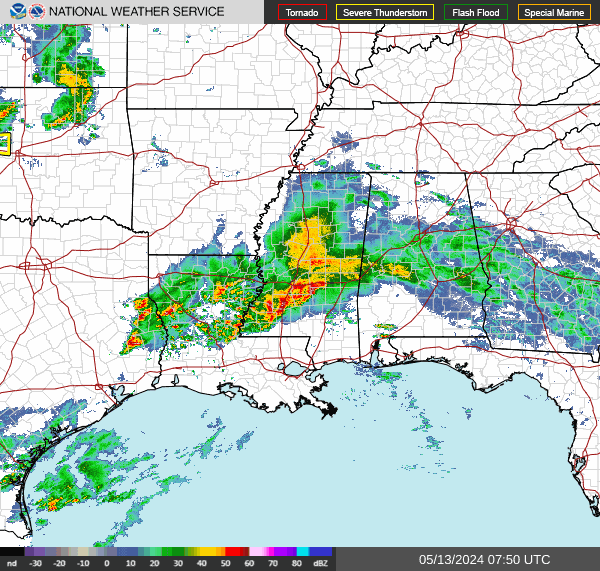
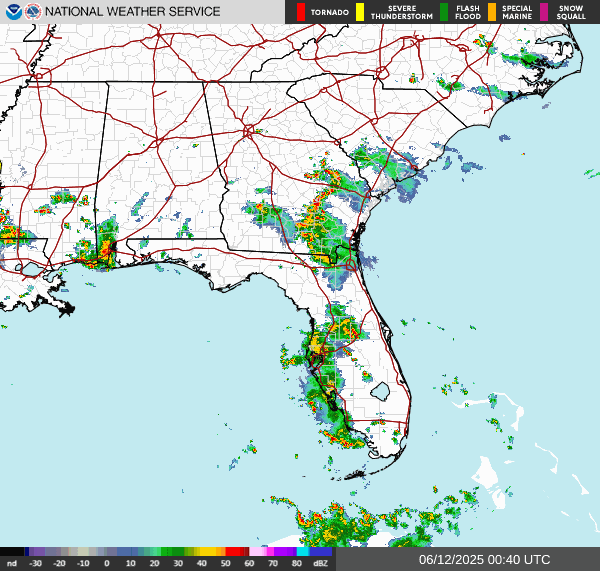
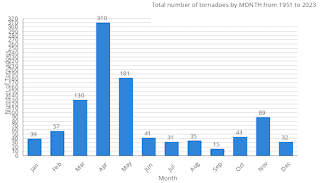
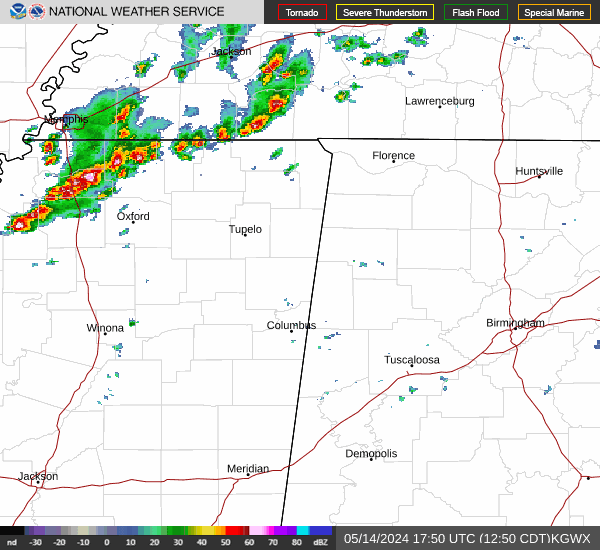
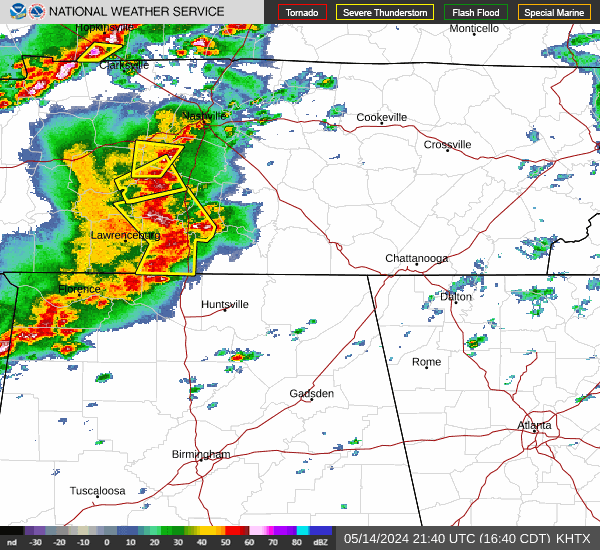
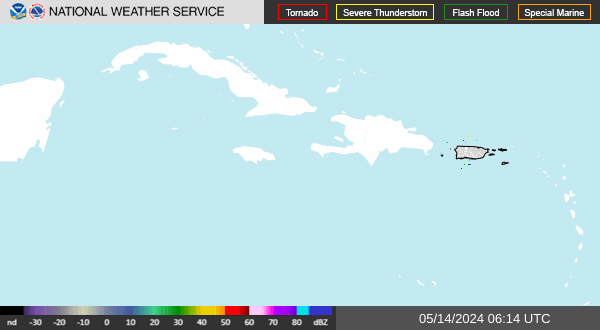



No comments:
Post a Comment